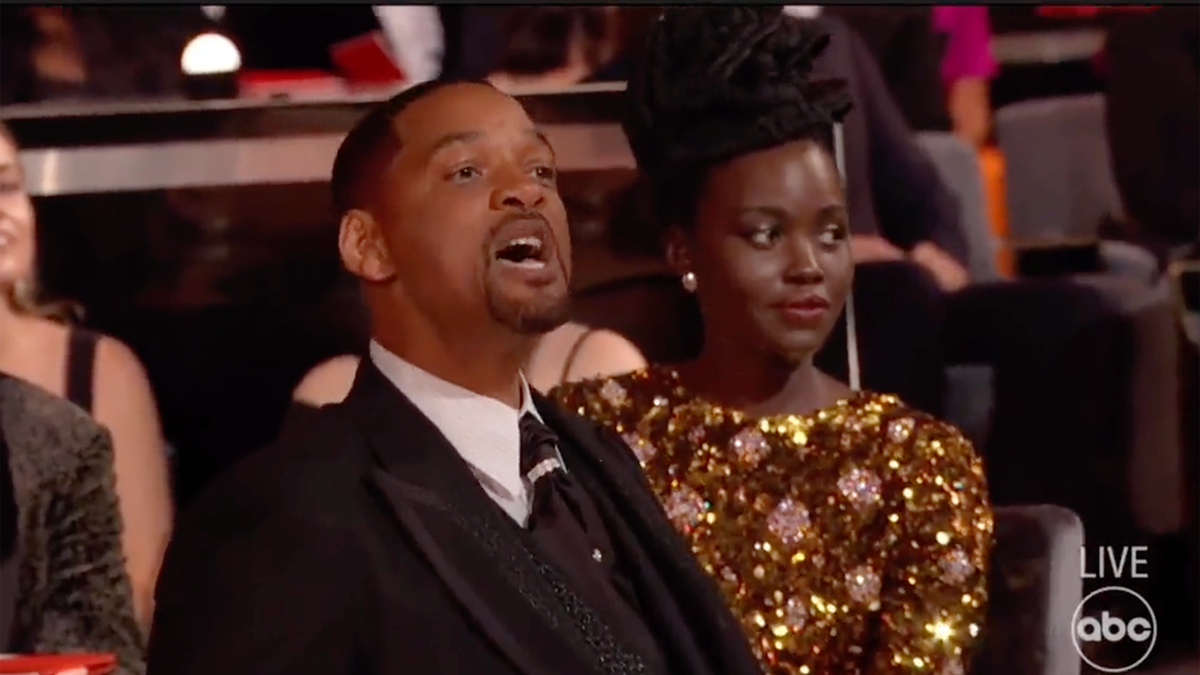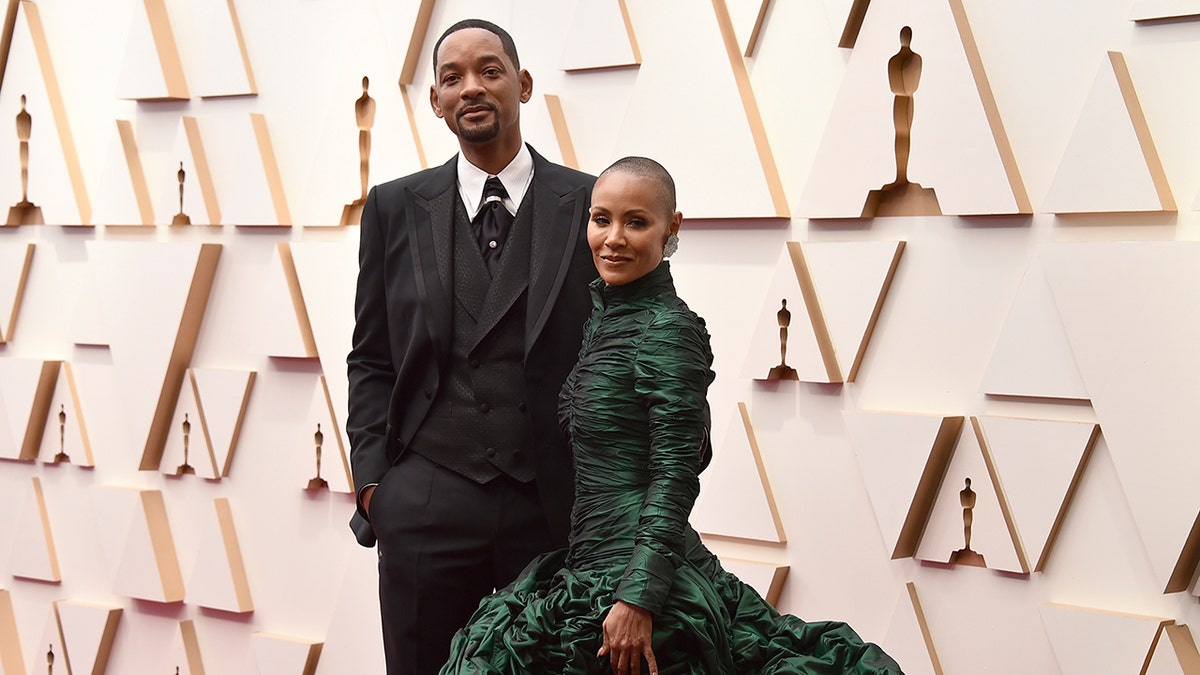Fox News Flash top headlines for March 29
Fox News Flash top headlines are here. Check out what's clicking on Foxnews.com.
New York Times contributing opinion writer Roxane Gay said Tuesday that her primary takeaway from Will Smith's altercation with Chris Rock at the Oscars was the impact of seeing "a Black woman being defended."
The 94th Academy Awards was interrupted Sunday night when actor Will Smith walked onto the stage to slap comedian Chris Rock when the latter made a joke about Smith’s wife. The moment faced widespread condemnation, but Gay said Smith's reaction, while wrong, resonated with her.
"Violence is never the answer, but I’m not mad at it," she said when asked about the incident on a New York Times podcast Tuesday. "I’m just not. I was shocked when it happened. I’ve never seen anything like that in my life, and I hope to never see anything like it again, but I understand it. I understand it all around."
She added, "Given everything going on in the world, I just cannot bring myself to be outraged by this."
"Given everything going on in the world, I just cannot bring myself to be outraged by this."
HOWARD STERN LATEST TO EQUATE WILL SMITH WITH DONALD TRUMP, SUGGESTS THEY ‘ARE THE SAME GUY’
Gay said that while she doesn't support normalizing violence as a justified reaction to comedy, she rejected the idea that comedians can joke about whatever they want.
"This idea that we’re all supposed to have the thickest skin in the world all the time so that comedians can do whatever they want — well, I reject that," she said.

Will Smith yells at Chris Rock from his seat at the Oscar's after physically assaulting him on stage on Sunday, March 27, 2022. (Screenshot/ABC) (Screenshot/ABC)
"Yes. So was it violent, and is violence unacceptable? Absolutely," she continued. "But Jada Pinkett Smith has alopecia. They were sitting right there in the front row. And comedians are free to talk about whatever they want, they’re free to say whatever they want, but as I have written before, it doesn’t happen in a vacuum, and they’re not free from people responding however they respond.
She added, "The primary takeaway for me was, indeed, to see a Black woman being defended, especially after a week of trials with Judge Ketanji Brown Jackson, and really nobody standing up for her."
Gay doubled down on her defense of Smith in an oped published in the Times Tuesday, where she praises Jada Pinkett for displaying "thin skin" in a world where subjects of jokes are expected to "turn the other cheek."

Will Smith, left, and Jada Pinkett Smith arrive at the Oscars on Sunday, March 27, 2022, at the Dolby Theatre in Los Angeles. (Photo by Jordan Strauss/Invision/AP) (AP)
"It should be obvious that the targets of jokes and insults have every right to react and respond," Gay writes. "There is a strange idea that there is nobility in tolerating or, better yet, enjoying humor that attacks who you are, what you do or how you look — that with free speech comes the obligation to turn the other cheek, rise above, laugh it all off."
CLICK HERE TO GET THE FOX NEWS APP
"Mr. Smith most likely saw his wife’s pain, and it’s possible he was himself experiencing a moment of fragility, of thin skin…I can see how Mr. Smith might not have been able to take that joke, at his wife’s expense, given the layers of context and public and private histories leading into that evening."
MSNBC's Joy Reid praised Gay's column on Twitter, linking to what she called an "exquisite essay on #theslap."
